Nine professors win Kellett Mid-Career Awards
Nine members of the University of Wisconsin–Madison faculty have won Kellett Mid-Career Awards.
The Kellett awards recognize outstanding faculty seven to 20 years past their first promotion to a tenured position. The Office of the Vice Chancellor for Research and Graduate Education chooses winners from professors nominated by departments, Ph.D. major programs and interdepartmental groups. A faculty member can win only one Kellett award.
Supported by the Wisconsin Alumni Research Foundation, the Kellett award provides $60,000 in research funding to faculty members at a critical stage of their careers. It is named for William R. Kellett, a former president of the WARF board of trustees and retired president of Kimberly-Clark Corp.
This year’s Kellett Award winners are listed below.
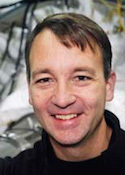
Cary Forest
Cary Forest, professor of physics, specializes in building complex plasma devices designed to investigate the generation of currents and magnetic fields. His work has been applied to problems in the field of nuclear fusion, but his focus is now on the emerging field of laboratory plasma astrophysics. His recent experiments investigate the origin of cosmic magnetic fields and the way black holes accrete matter.
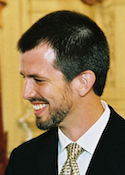
Scott Gehlbach
Scott Gehlbach, professor of political science, is a political economist and comparativist whose work is motivated by the historical and contemporary experience of Russia and other post-communist states. Known for employing a wide range of methods in his research, Gehlbach has contributed to graduate education through his widely used textbook, “Formal Models of Domestic Politics.”
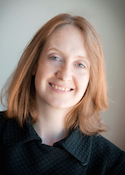
Caroline Levine
Caroline Levine, professor of English, has published three books: “The Serious Pleasures of Suspense” in 2003, “Provoking Democracy: Why We Need the Arts” in 2007, and “Forms: Whole, Rhythm, Hierarchy Network” in 2015. An editor of The Norton Anthology of World Literature, Levine also founded a residential learning community for the arts on campus, and has won several awards for her teaching.
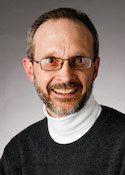
Daniel Meyer
Daniel Meyer, professor of social work and affiliate of the Institute for Research on Poverty, studies the effects of government policies on the economic well-being of low-income families. He is a leading figure in research on the child support system, and his work has influenced public policy here and in other nations.
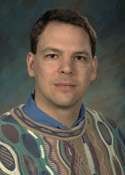
David Page
David Page, professor of biostatistics and medical informatics, develops and applies machine learning algorithms to de-identified biological and medical data. Head of the Cancer Informatics shared service of the UW Carbone Cancer Center, Page builds predictive models of disease susceptibility and treatment response — including adverse drug events.
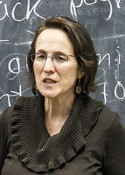
Pamela Potter
Pamela Potter, professor of musicology, has published widely on music, politics and the arts in 2oth century Germany. Her first book was translated into German and will soon appear in Portuguese and Chinese. Potter has been active in education innovation in the humanities, served as director of the Center for Jewish Studies, and currently directs the Center for German and European Studies.
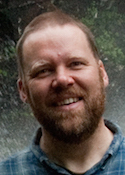
Volker Radeloff
Volker Radeloff, professor of forest and wildlife ecology, pursues interests in land use change and its implications for biodiversity conservation and aims to provide solid data on its patterns. He studies how major socioeconomic changes — such as the collapse of the Soviet Union and the 1990s U.S. housing boom — affect wildlife, be it wild or managed, and how to protect it.
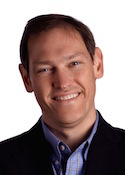
Shannon Stahl
Shannon Stahl, professor of chemistry, specializes in the chemistry of oxygen and the development of “green” methods for selective oxidation of organic chemicals in the pharmaceutical and agrochemical industries. His research also focuses on the chemistry of oxygen in renewable energy applications, such as fuel cells and solar energy conversion.
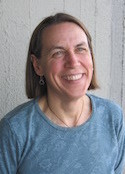
Emily Stanley
Emily Stanley, professor of zoology, is an aquatic ecologist whose research bridges biological and earth sciences. She is interested in human influences on nutrient cycling, carbon cycling and long-term change in streams and lakes. She also shares her knowledge of inland waters through her involvement in teaching the world’s largest class in limnology.
Tags: faculty awards



